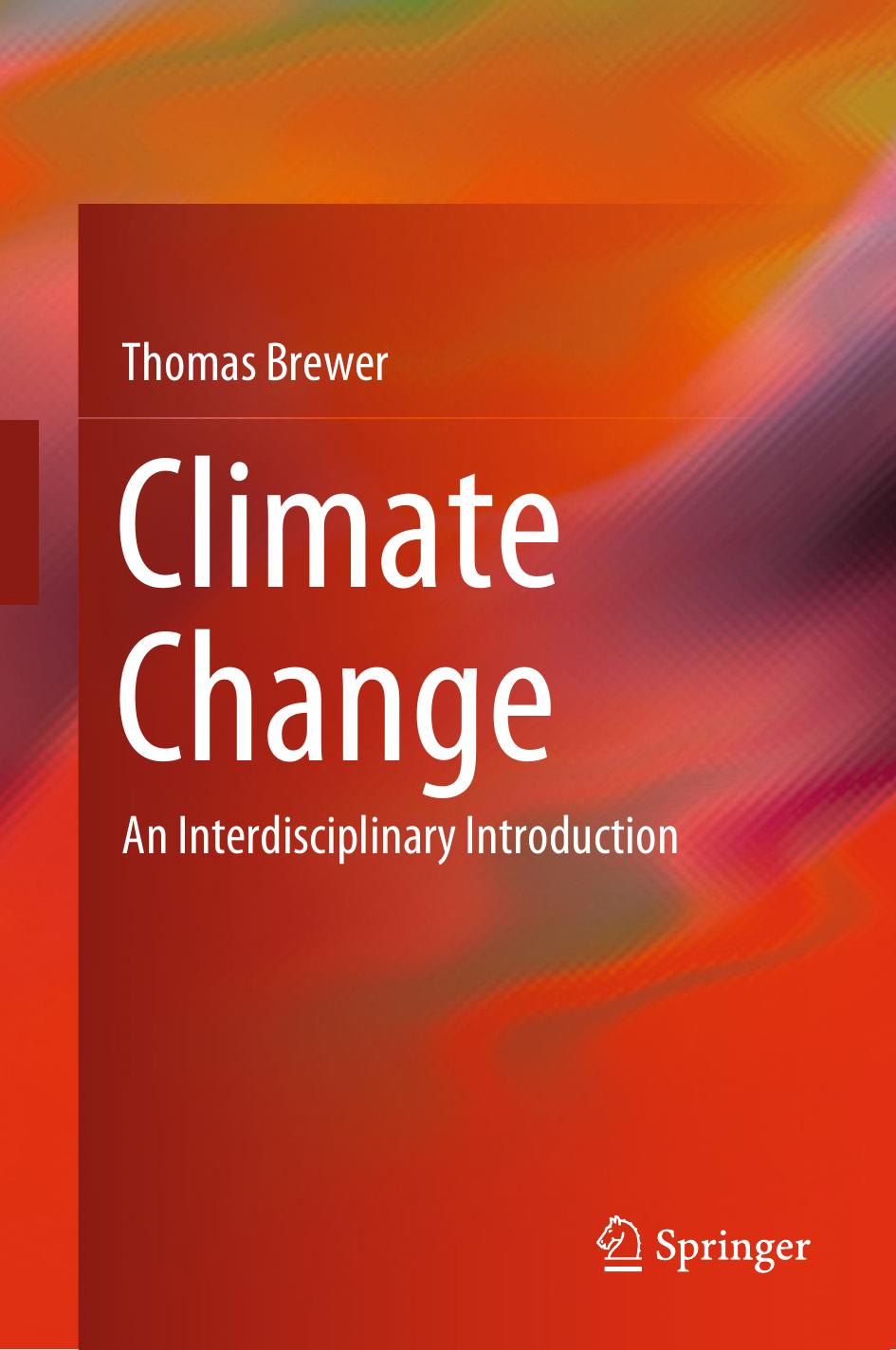

Most ebook files are in PDF format, so you can easily read them using various software such as Foxit Reader or directly on the Google Chrome browser.
Some ebook files are released by publishers in other formats such as .awz, .mobi, .epub, .fb2, etc. You may need to install specific software to read these formats on mobile/PC, such as Calibre.
Please read the tutorial at this link: https://ebookbell.com/faq
We offer FREE conversion to the popular formats you request; however, this may take some time. Therefore, right after payment, please email us, and we will try to provide the service as quickly as possible.
For some exceptional file formats or broken links (if any), please refrain from opening any disputes. Instead, email us first, and we will try to assist within a maximum of 6 hours.
EbookBell Team

4.1
50 reviewshave expanded dramatically, it has become increasingly urgent to address a wide
range of issues. An earlier focus on gradual, long-term mitigation of carbon
dioxide emissions is no longer sufficient, though it is still surely necessary. In
addition, there are now complementary goals concerning short-lived climate pollu-
tants (SLCPs) such as methane and black carbon that are receiving more intensive
attention. Public opinion in some countries has also shifted to favor more serious
short-term actions by governments and businesses to mitigate emissions and adapt
to their effects. Local adaptation issues have also become more salient because of
an increase in the frequency and intensity of extreme weather events that are being
attributed to climate change.
The climate change agenda has shifted to include more focus on actions—
actions by governments, by businesses, by other kinds of organizations, and by
individual citizens. The book is therefore not only about analysis of the issues, but
also about actions that have been taken and further actions that can be taken.
The book thus includes a broad range of topics, and it approaches them from
an inter-disciplinary perspective, which offers breadth of coverage. The disci-
plinary perspectives include climate science, economics, political science, history,
international law, ethics, and industry-specific technologies. The need for holistic
inter-disciplinary analysis is a recurrent theme. The approach is therefore con-
sistent with the IPCC Synthesis report (2023: 3; italics added) that “recognizes
the interdependence of climate, ecosystems and biodiversity, and human societies;
the value of diverse forms of knowledge; and the close linkages between climate
change adaptation, mitigation, ecosystem health, human well-being and sustain-
able development, and reflects the increasing diversity of actors involved in climate
…